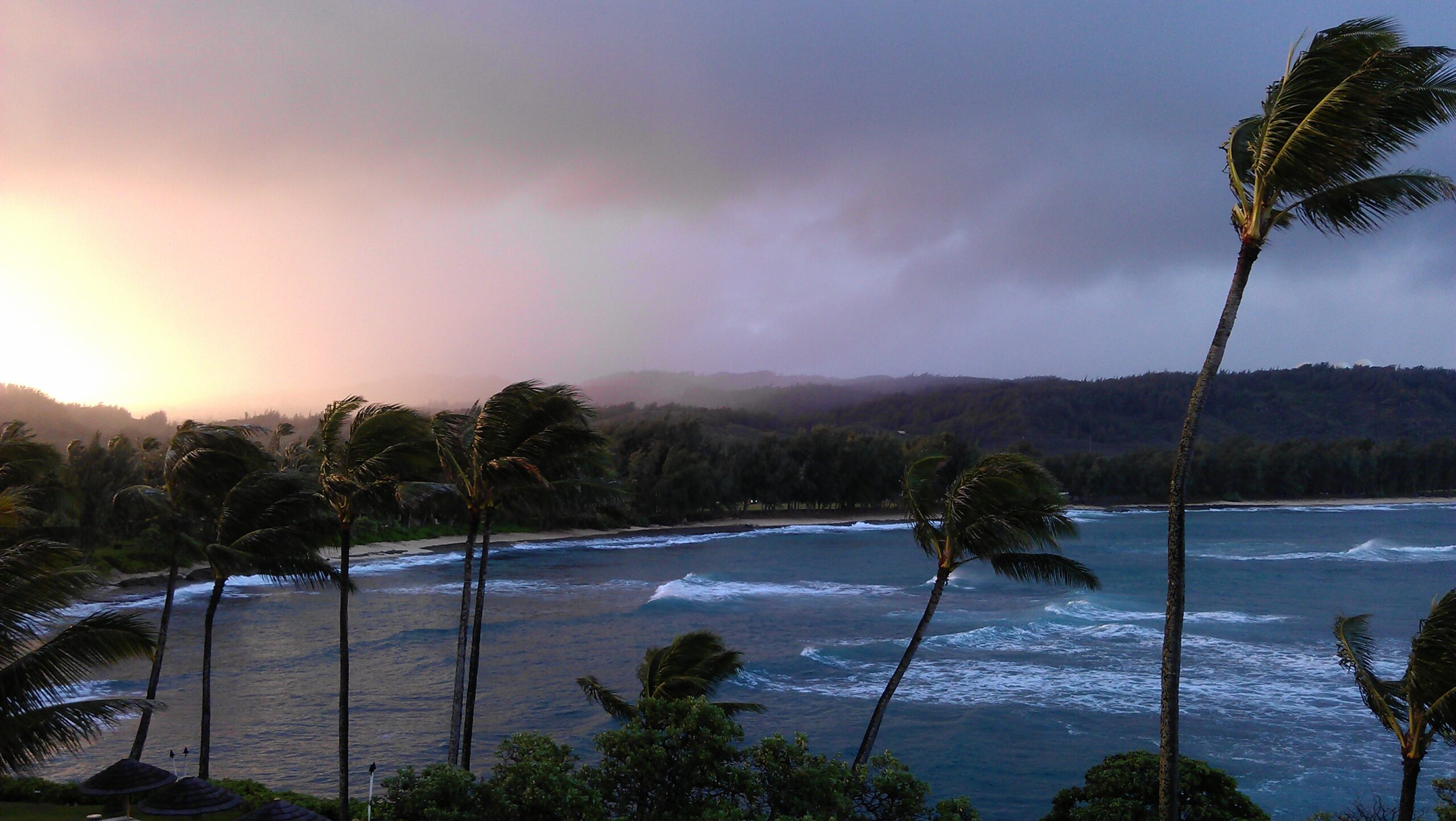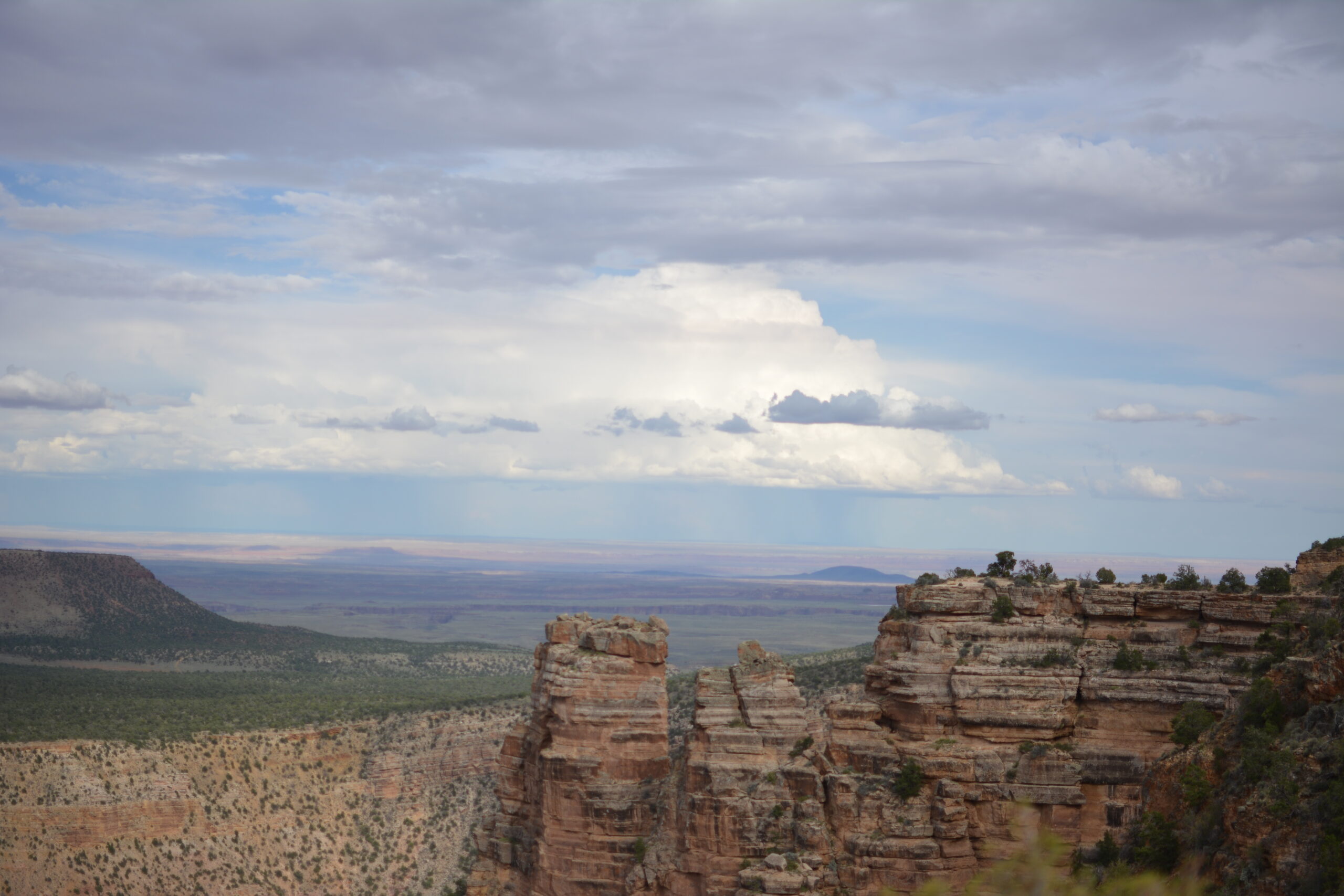
Far Away from Anywhere
Our oldest son attended college in Hawaii and fell in love with the state, which is ridiculously easy to do. When I dropped him off there (the second hardest separation of my life thus far, but that’s another story), and visited him, and attended his graduation, I also felt the strong magnetic pull of the place—of course!—verdant mountains ringed by sand and surf, easy rhythms (where else do businesses close at 4:00?!), friendly people. Also: shrimp plates and coconut water and pineapple. Our son mused about making Hawaii his permanent residence, about further schooling, about future career. We imagined, too, what all that would mean for him, and maybe even for us—but I kept coming back to a “not for me.” Why?
Having grown up in Alaska, I know a few things about what it means to live in a gorgeous place that is geographically and culturally far-flung from the rest of my own country, in a town accessible only by boat or plane (or, eventually, one seasonal road in and out). We called the contiguous United States “The Lower 48.” In the years I lived there—from kindergarten through 12th grade—the state operated along four time zones (which are now two), compared to the four across The Lower 48 from California to New York. Although maps in social studies textbooks and classrooms throughout the U.S., picture the state as similar to Hawaii’s size (if somewhat denser) and located just off the coast of Baja California, its land mass is actually about a third the size of that of the contiguous U.S., and the stretch of its outer islands—from the Panhandle of southeastern Alaska to the Aleutian Islands on the far western reach of the state—would spread from coast to coast across the contiguous U.S., if superimposed. We used to joke that if Alaska were divided in half, Texas would become the third-largest state.
There are serious realities involved when considering relocation to a remote place: the higher prices of even the most basic and necessary commodities, because of the costs to ship and distribute them there; the differences in time zones when communicating with friends, families, or co-workers who live elsewhere (which is always far away); the travel costs and complexities to get between there and anywhere else, whether coming or going. But this is what it came down to for me with Hawaii: I wouldn’t want to live on a relatively small island in the middle of the vast Pacific Ocean, so simultaneously isolated and exposed. And then ten seconds later, the dizzying realization: I live my whole life on a relatively small planet in the middle of a vast galaxy, and wherever I’m standing is a minuscule spot on the face of this spinning, tilting, vulnerable orb.




